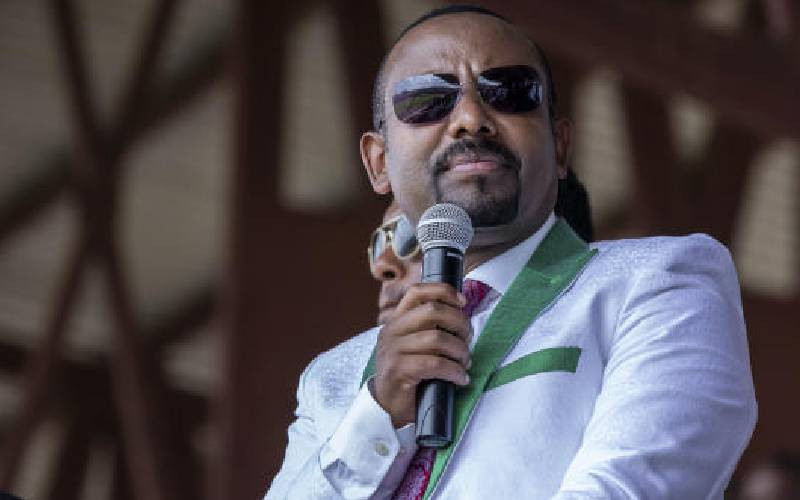×
The Standard e-Paper
Kenya’s Boldest Voice

The world is increasingly unstable with embers of war almost everywhere. Within countries and regions, official and unofficial war instigators appear to be unrestrained as they go around doing what they want even as they shift blame to others.
They manipulate media and related institutions that manufacture opinions to justify questionable behaviour.